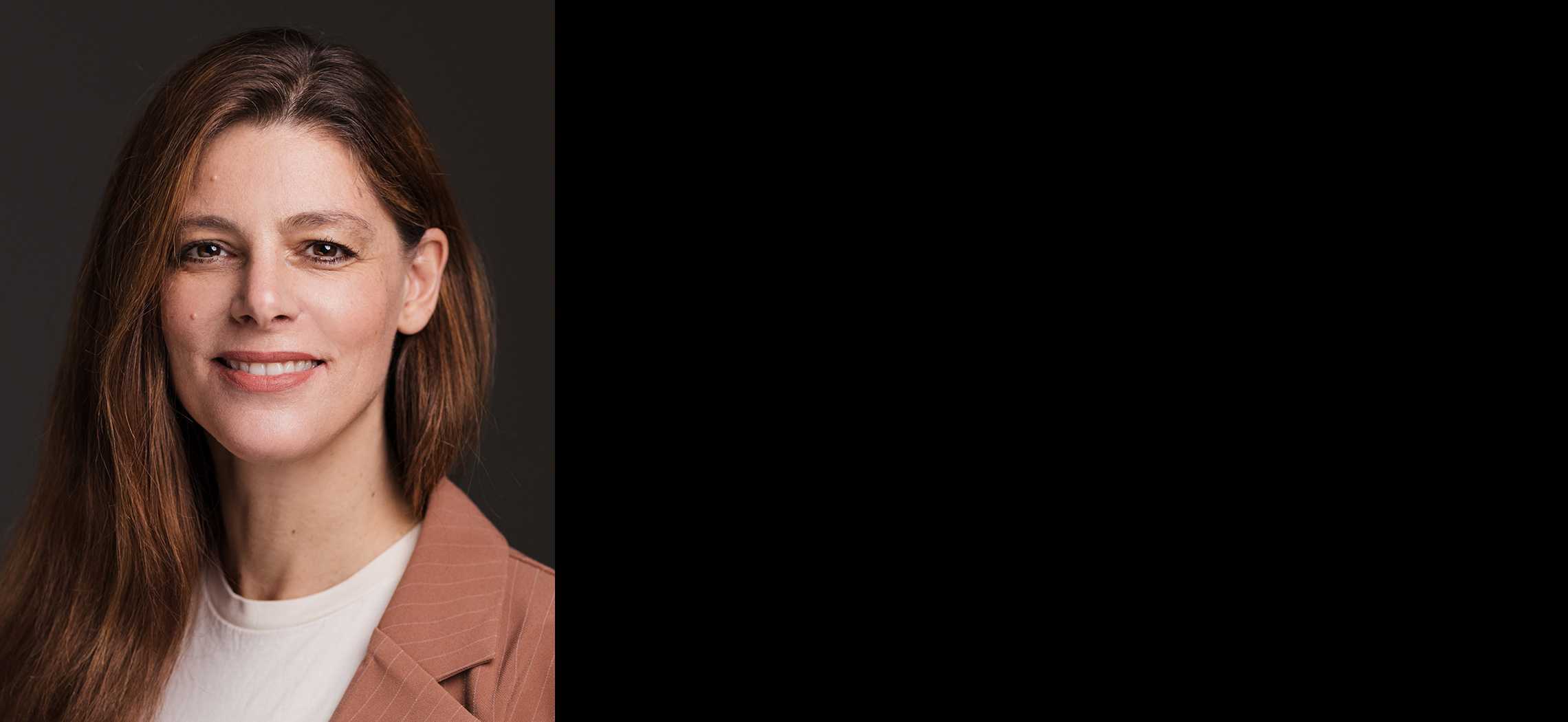A portrait of producer Silvana Santamaria
Silvana Santamaria © Sven Serkis“What exactly makes a film into a German film? Silvana Santamaria, over coffee and croissants in Berlin-Kreuzberg, initially shrugs her shoulders over this question of definition. The filmmaker, born in 1978 in Marbach, Baden-Württemberg, is not a fan of narrow categories, anyway. Professionally, she has always looked well beyond her own horizons, as the director of films such as the documentary NOWHERE.KOSOVO, or the episodic family drama A PART OF ME (made together with her husband, Tunisian filmmaker Bilal Athimni), and as a producer with her own company, Soilfilms.
“I am interested primarily in personal destinies, not least in a social or political context, regardless of whether they are in the past, the present or even the future,” Santamaria says succinctly, indicating the kind of stories that interest her. She realised that such stories do not necessarily have to be set in Germany during her studies at the Baden-Württemberg Film Academy, but mainly under the influence of her own experiences. As the daughter of an Italian who came to Germany as a guest worker, she grew up between different cultures: “Just because a project is set in another country or cultural sphere, that doesn’t mean the issues it deals with are not relevant in Germany as well!”
Much as students were encouraged to follow their own interests during their academy training, there was little preparation for what later became Santamaria’s speciality. “When a few fellow students and I started our own company after graduation, we realised at some point that we were shooting abroad most of the time, with German money,” she recalls. “It was only then that we thought about possibly making these films as international co-productions.” Collaboration with partners abroad has since become an integral feature of Soilfilms, where Santamaria is now the sole managing director – and with great success. Samir Nasr’s SHARAF, a co-production with Tunisia, Luxembourg and France, was acclaimed at the Red Sea Film Festival, the JCC Carthage Film Festival in Tunis, and in Hof, among others, while PAMFIR by Ukrainian Dmytro Sucholytkyj-Sobtschuk, which premiered at Cannes last year, was also shown in Karlovy Vary, Melbourne, Gothenburg and Warsaw, and received a nomination for the European Film Award.
Presenting herself and networking internationally was a process that took a lot of time and experence because clear guidelines are lacking, and not only because Santamaria did not study production. “Understanding how best to present such projects took a few years. And actually, I‘m still learning,” the Berliner-by-choice says, laughing. “Nothing is more important than building networks – at film markets, through mentoring projects or producer programmes.” In 2023, for example, she was one of European Film Promotion’s Producers on the Move in Cannes, which she describes as both a great honour and a confirmation of her work, as well as an ideal opportunity to make it more visible and establish contact with important industry representatives.
Santamaria does not believe that too many cooks spoil the broth when it comes to her co-productions: “As a rule, the experience of working together with different international partners is enormously enriching. When everyone knows where their place is within the project and how much they can or need to contribute, it actually works very well. Then, there is one main producer who leads the project; the others support that person because they are all pursuing the same vision.”
This concept works very well for her, even if there is not usually as much funding and support for co-productions within the German film industry as there is available for purely German productions. This is also why Santamaria, who is currently preparing not only her next directorial work with Soilfilms but also several series (at least one of which has already won over a German broadcaster as partner), would like to see a little more progress in this country as far as the diversity of stories and the elimination of narrow mindsets is concerned: “There is more than one way a German production can be imagined, and made!”
Patrick Heidmann

